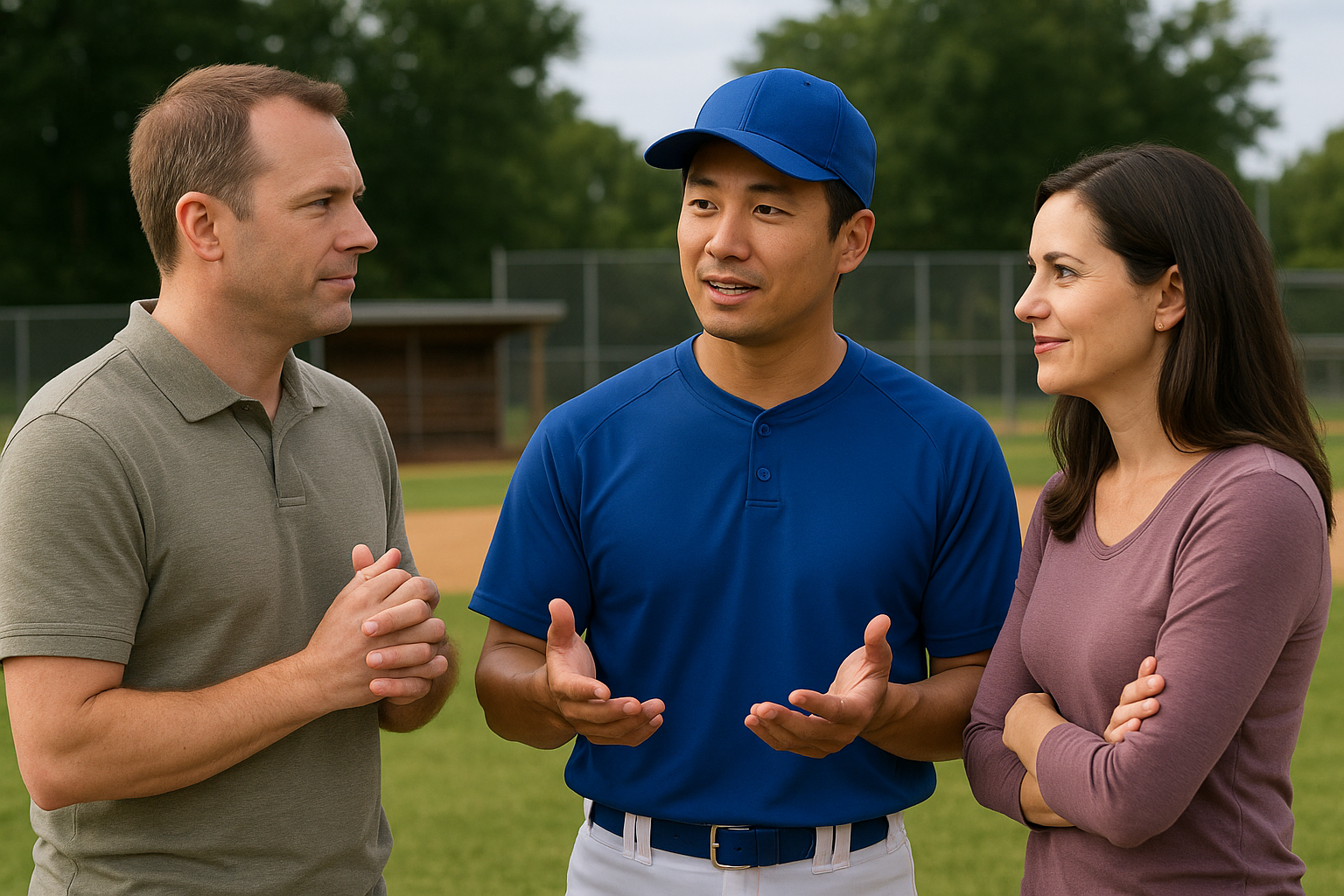Finding the right coach can make all the difference in a player’s development. While experience is important, the ability to teach and communicate effectively is what separates a great coach from a good one.
The first step is research. Many local training facilities list instructor bios, including backgrounds, specialties, and coaching philosophies. Word-of-mouth recommendations from leagues or teammates are also helpful. Some players prefer private one-on-one lessons, while others thrive in small groups that allow for competition and peer learning.
When evaluating a coach, look beyond their résumé. Playing experience at higher levels is valuable, but it does not always translate to effective teaching. Observe how they explain mechanics, interact with athletes, and keep sessions structured. A good coach adapts instruction to different learning styles and creates an environment that motivates athletes to improve.
It’s also important to ask about philosophy. Some coaches prioritize fundamentals and repetition, while others emphasize advanced strategy and game application. The best fit depends on the player’s current level and long-term goals.
Ultimately, the right coach should challenge players while keeping the game enjoyable. They should be able to break down complex movements into simple, actionable steps and provide feedback that builds both skill and confidence. Finding the right fit ensures lessons are not only productive but also sustainable for long-term growth.

